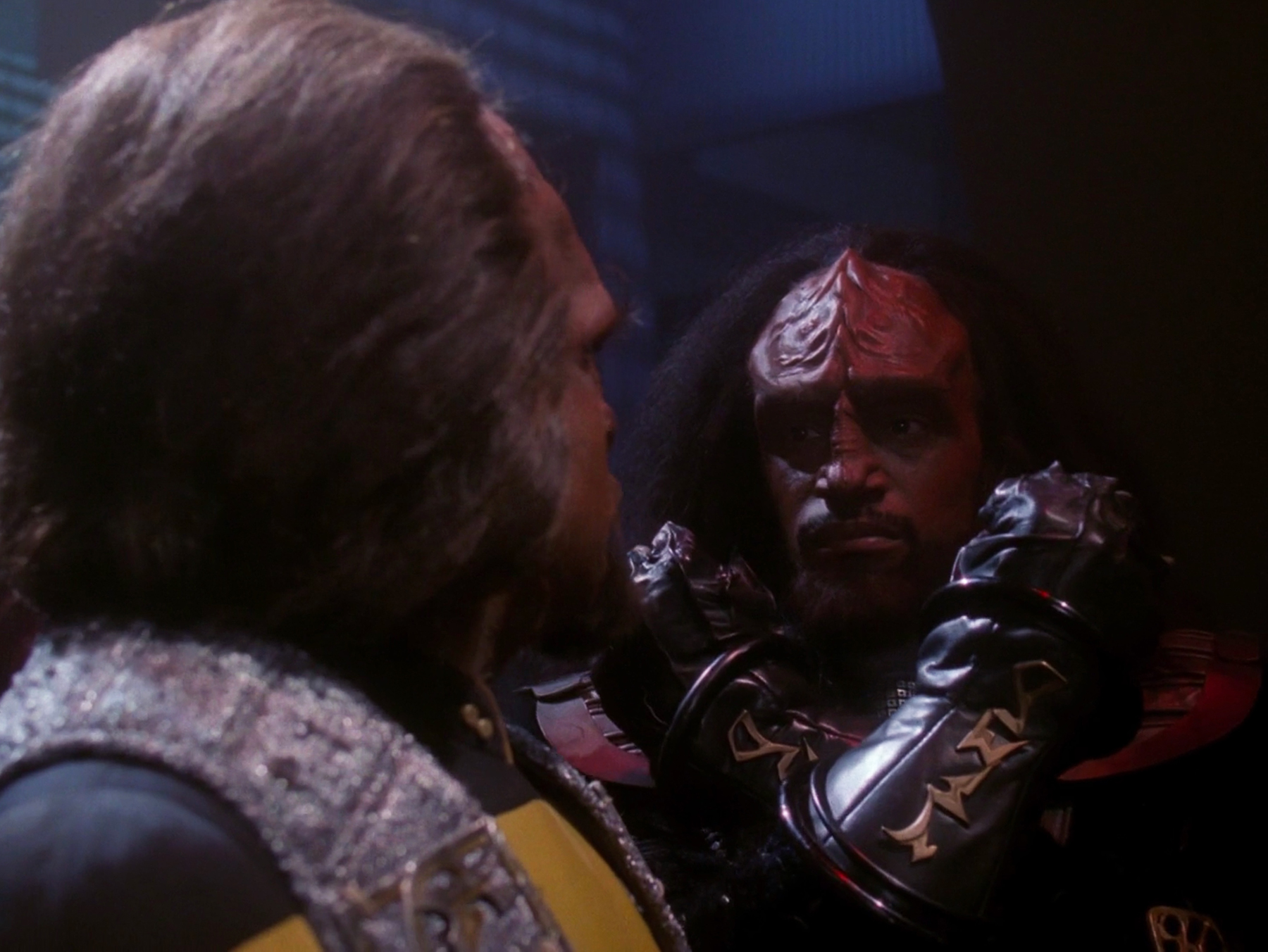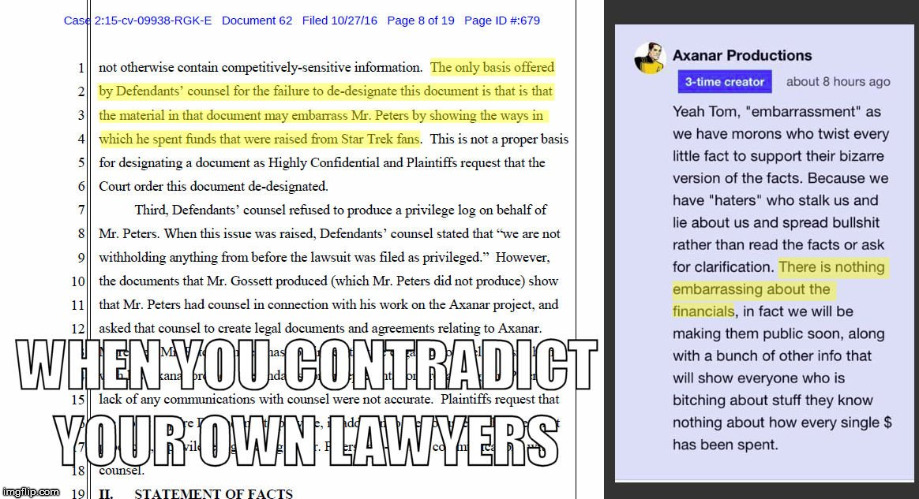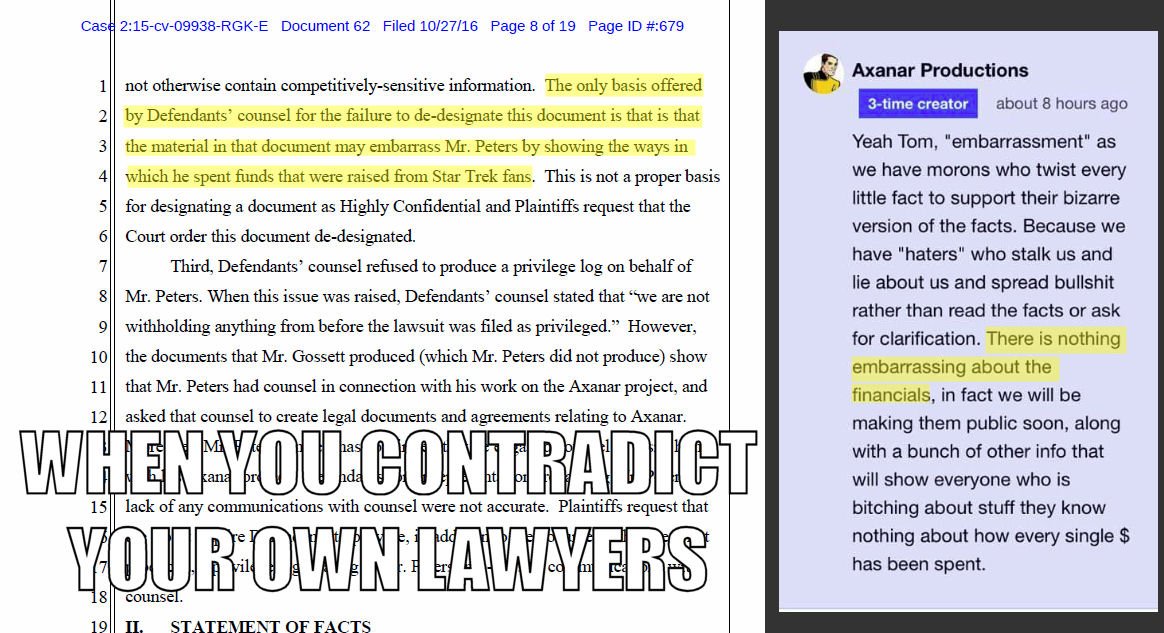Personally I think there is merit to such an argument given how far projects like Continues and Renegades have gone.I wouldn't personally expect it to be a successful argument because two wrongs don't make a right. That everyone else was also willfully infringing, doesn't mean in any way that Axanar wasn't.
The counter to that is that Peters was warned via a public statement that his project wasn't authorised and he continued anyway.







